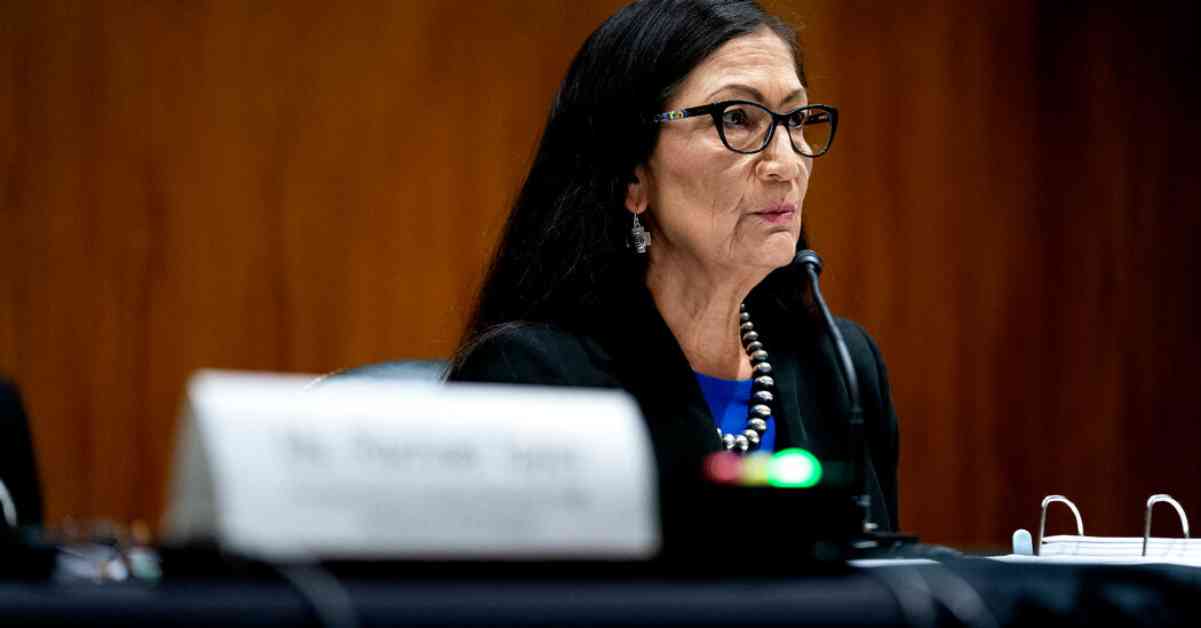An investigative report released by the Interior Department has revealed the tragic news that nearly 1,000 American Indian, Alaska Native, and Native Hawaiian children died while attending boarding schools set up by the U.S. government. These schools were established with the intention of erasing the children’s tribal ties and cultural practices through forced assimilation.
Interior Secretary Deb Haaland, the first Native American cabinet secretary and a Laguna Pueblo citizen, has been leading the effort to account for the Native American children who attended these federal boarding schools. The report highlights the widespread sexual and physical abuse that occurred in these schools, calling on the federal government to apologize and take steps to heal the wounds inflicted by this dark chapter in history.
The report recommends creating a national memorial to commemorate the children who died and educate the public about this tragic history. It also suggests investing in research to help Native communities heal from intergenerational stress and trauma, as well as revitalizing Native languages that were suppressed in these schools.
From the early 1800s to the late 1960s, the U.S. government forcibly removed Native children from their families and homes, sending them to boarding schools where they were subjected to physical and sexual abuse. The government spent nearly $25 billion in today’s dollars on this assimilation effort, operating 417 schools across 37 states and territories.
The report identifies almost 19,000 children by name who attended these federal schools between 1819 and 1969, although the Interior Department acknowledges that there were more victims. It is a painful reminder of the atrocities committed against Native children in the name of assimilation and cultural erasure.
As we reflect on this tragic history, it is important to acknowledge the resilience and strength of Native communities in the face of such adversity. The road to healing will be long and challenging, but by acknowledging the past and working towards a better future, we can honor the memory of the children who suffered in these boarding schools.
It is crucial for the federal government to take responsibility for its role in operating these schools and to work towards reconciliation with Native communities. By listening to the voices of survivors and descendants, we can learn from the past and create a more just and equitable future for all.




